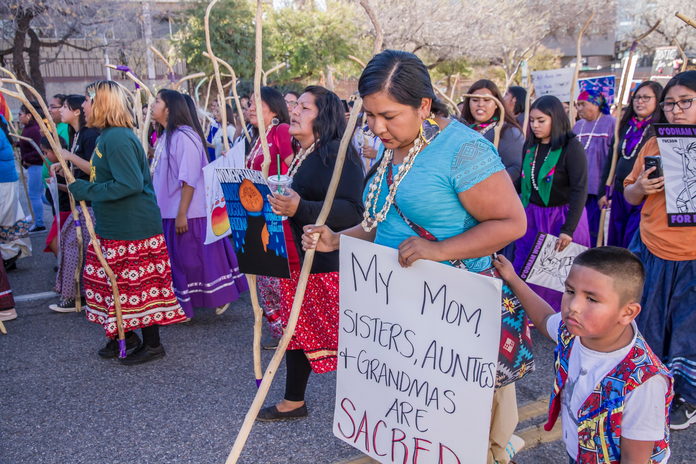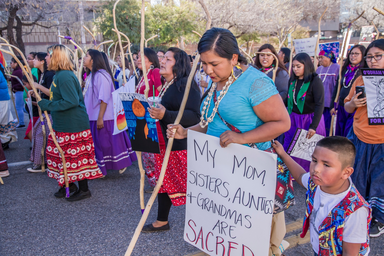If you were born or raised in the United States, odds are that you were taught about the importance of Christopher Columbus and how he “discovered” the Americas. Columbus Day became a federal holiday in 1937, largely due to efforts of Roman Catholic Italian-Americans who were facing persecution in the US at that time.
However, as far back as the 1980s and 1990s, there has been a massive push to replace this unnecessary holiday with a new one: Indigenous People’s Day. Instead of celebrating a person who persecuted and murdered countless natives, this day could celebrate the lives and accomplishments of the Indigenous people of the lands he claimed.
Indigenous People’s Day was first brought into the public eye in South Dakota when large groups of Native Americans in the state gathered and protested for “American Indian rights.” The first official celebration of this new holiday was in 1992 in Berkeley, California, on the 500th anniversary of the arrival of Columbus to the Americas.
While it has been mostly well-received, it has also come with criticism from people who feel, according to NPR, “Columbus Day is their day to celebrate Italian heritage and the contributions of Italian Americans to the United States.”
Despite this criticism, the holiday is observed by Minnesota, Alaska, Maine, Louisiana, Oregon, New Mexico, Nevada, Vermont, South Dakota, which celebrates Native Americans’ Day, and Hawaii, which celebrates Discoverers’ Day.
Related Article: Christopher Columbus is Problematic
While individual states or jurisdictions (including DC) have chosen not to celebrate Columbus Day, it will continue to be celebrated until there is a federal law changing it on a nationwide scale. Changing the federal holiday would increase Indigenous visibility, which would be particularly timely due to the increased cases of COVID-19 disproportionately affecting Native American reservations across the US. Along with this, changing the holiday can shed light on the issue of how Native American history has been taught in public school systems across the U.S. This can give schools an opportunity to rewrite their books and plans to more accurately teach and represent what happened, including the mass genocide and mistreatment of Indigenous people.
Recently, George Mason University has replaced the “Fall Break” that occurred on the Columbus Day holiday with Election Day, following a Virginia order by Governor Ralph Northam. While this is a step in the right direction, public institutions and universities should recognize Indigenous People’s Day formally as a way to show respect and honor their indigenous populations. Other local companies, like Cox Farms, have been outspoken with their support of the holiday and recognize it with their policies and social media.
While celebrating Indigenous People’s Day may seem new or unfamiliar, it is important to understand how impactful the recognition of this holiday is for so many indigenous families. The erasure of Native American lives and history has been going on for far too long. Now is the time to change that.



